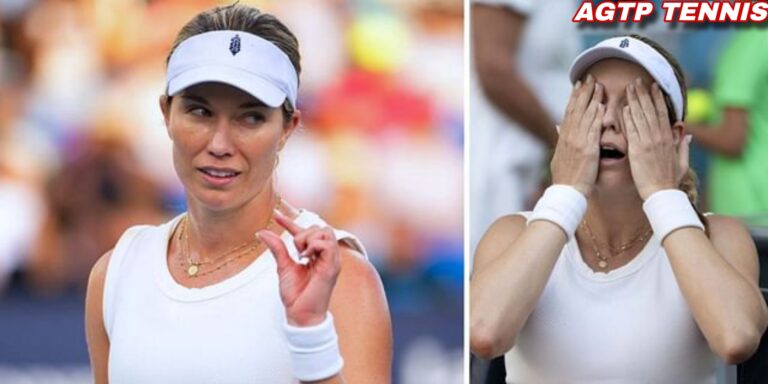Why Jannik Sinner did not lose World No. 1 ranking to Novak Djokovic despite ranking point penalty after failed drug test punishment?
The tennis world was stunned when it was revealed that Jannik Sinner had tested positive for Clostebol, a banned anabolic steroid, during the Indian Wells Masters in March. This development has caused a significant stir in the sport.
It sounds like there’s been a significant development in a sports event, particularly involving an Italian player. If the matter was only made public recently and the player lost ranking points and prize money, it suggests there was a serious issue that only came to light recently. This kind of situation can often appear more suspicious when details emerge suddenly. Do you need more information or context about this situation?
Based on the information provided, Sinner’s current ranking points stand at 9360. After deducting the 400 points from his semifinal finish at Indian Wells, his total points will be 8960. This deduction should be considered in the context of his ranking position, as it could potentially impact his ranking depending on the performance of other players and their respective points.
If the Italian player’s points are removed and this affects the rankings retroactively, it could indeed complicate the standings. Novak Djokovic’s current position as No. 2 with 7460 points means the immediate impact on his ranking is minimal. However, if adjustments are made to the rankings that account for historical results, it could shift the positions of other players and potentially influence Djokovic’s ranking or other players’ standings in the top spots. The overall ranking landscape can become quite dynamic with retroactive changes.
Given the scenario, if the incident with Sinner had been revealed before last week’s ATP rankings update, Djokovic could have ascended to the top spot due to the reduction of Sinner’s points. With Sinner’s points reduced from 8770 to 8370, Djokovic, who had 8460 points, would have surpassed him. How the ATP addresses this situation will be crucial in maintaining fairness, especially in recalculating the rankings and managing the impact on all affected players. The ATP’s approach to such adjustments will be closely watched by the tennis community.
Tennis players have a strong reaction to Jannik Sinner’s drug test news.

Jannik Sinner at the Cincinnati Open 2024. (Photo: Getty)
Nick Kyrgios’s strong reaction, calling for a two-year ban for Jannik Sinner despite Sinner being cleared of wrongdoing, highlights the tension and strong opinions within the tennis community. Kyrgios’s statement underscores the high stakes and intense scrutiny athletes face regarding drug testing and integrity in sports. It’s a reminder of how significant and contentious such issues can be, even when the official findings clear the player of any misconduct.
“Ridiculous – whether it was accidental or planned. You get tested twice with a banned (steroid) substance… you should be gone for 2 years. Your performance was enhanced. Massage cream…. Yeah nice,” – Nick Kyrgios’
thoughts on Jannik Sinner.
Denis Shapovalov’s comment, “Different rules for different players,” reflects concerns about inconsistency in how player issues are handled. His criticism highlights a broader frustration among players regarding perceived disparities in the attention and urgency given to different cases. Such remarks point to ongoing debates about fairness and transparency in the sport’s regulatory processes.







